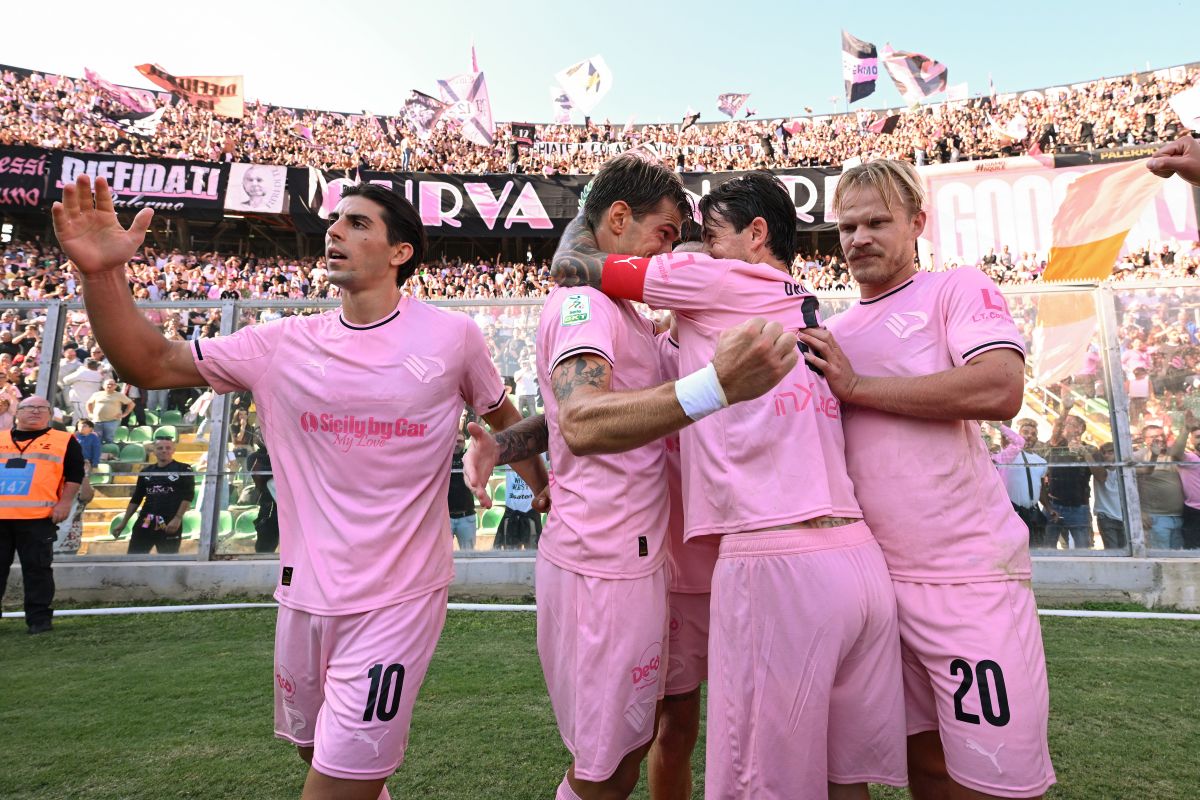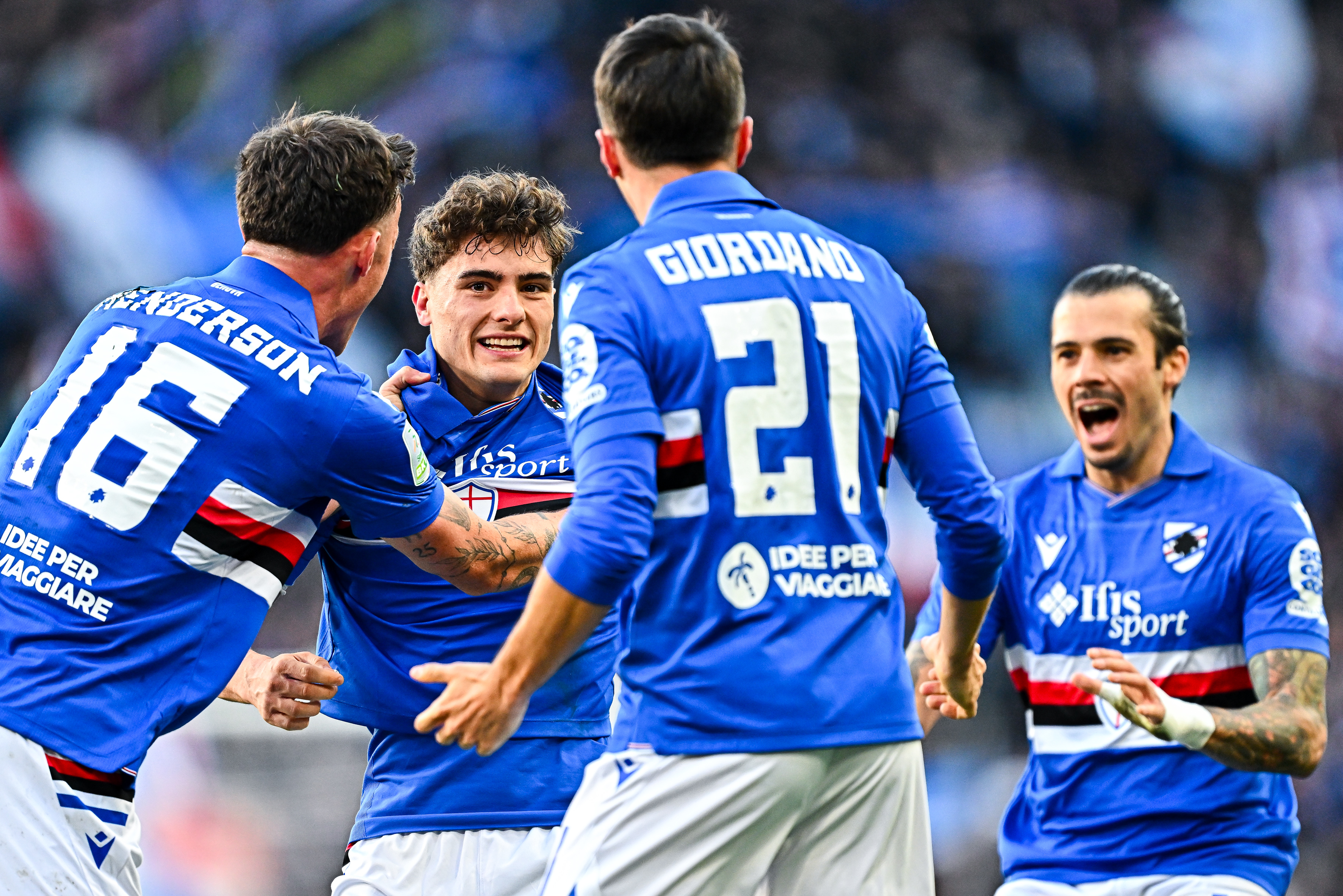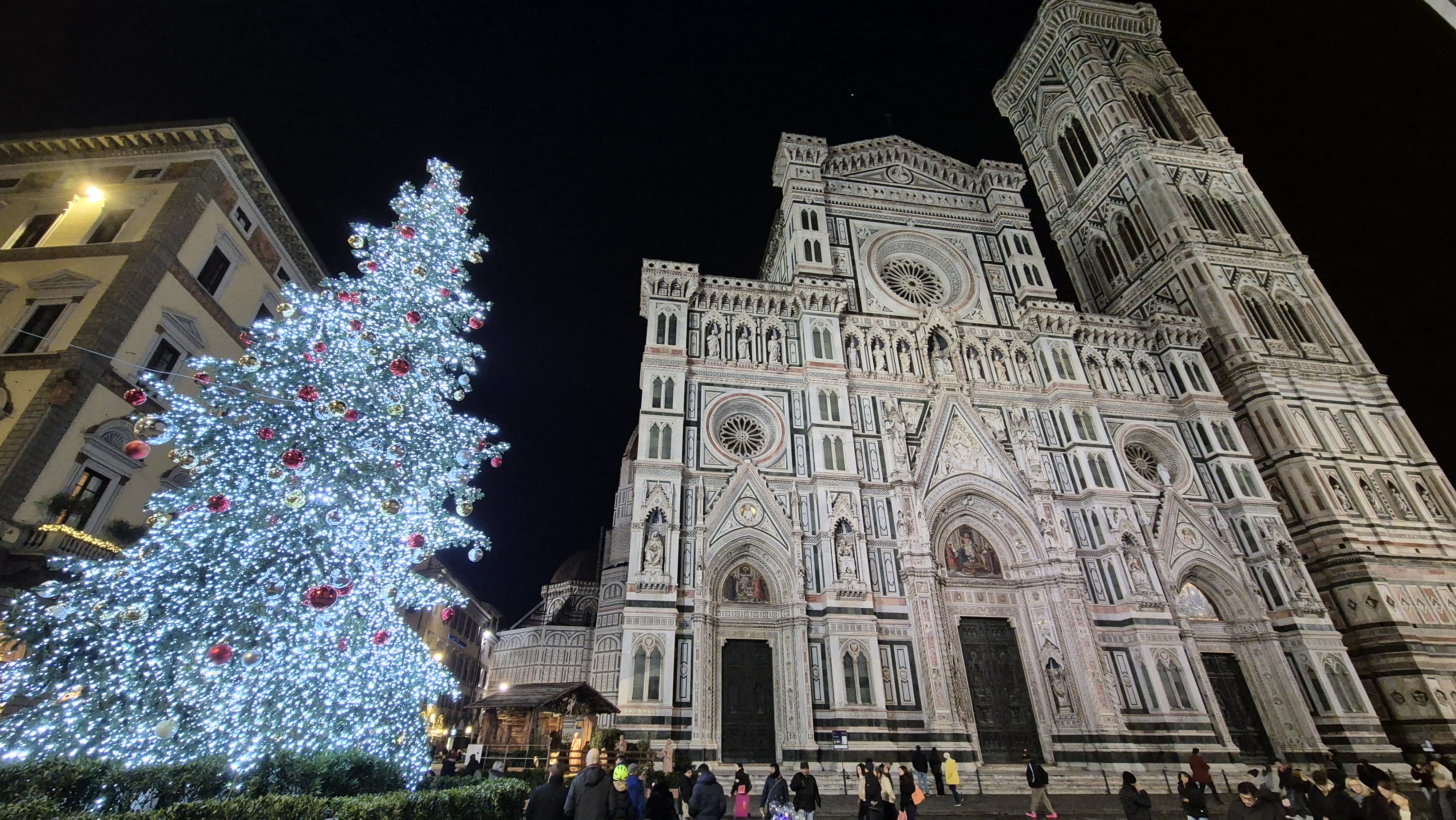
AC Milan’s Summer Fire Sale Is a Worrying Sign for Max Allegri
By Dan Cancian
A penny, then, for Massimiliano Allegri’s thoughts.
Less than a month into his second spell at the San Siro and the Tuscan has already waved goodbye to Tijjani Reijnders, who joined Manchester City in a £46million deal.
Theo Hernandez is set to follow suit, Al-Hilal’s riches proving too tempting for the full-back, while Pierre Kalulu has made his move to Juventus permanent.
Club captain Mike Maignan, meanwhile, appears to be reluctantly staying put after Chelsea declined to meet AC Milan’s £40m demand. The Frenchman, however, is entering the final year of his deal and could leave for free at the end of the season.
While Milan can cope without Kalulu, losing Hernandez and Reijnders leaves gaping holes in Allegri’s plans.
Hernandez, for all his flaws, has been a key figure for the Rossoneri since joining from Real Madrid six years ago. The France international’s form may have dipped last season, but replacing 34 goals and 45 assists across 262 appearances in all competitions is easier said than done.
The same can be said of Reijnders, Milan’s standout performer last season, when he scored 10 goals in Serie A, the second-best return out of any midfielder not named Scott McTominay.
Reijnders’ departure is made even more troubling by the identity of his replacement, or rather, by his date of birth. One of the finest midfielders of his, and indeed any generation, Luka Modric will turn 40 three weeks into the next Serie A season.
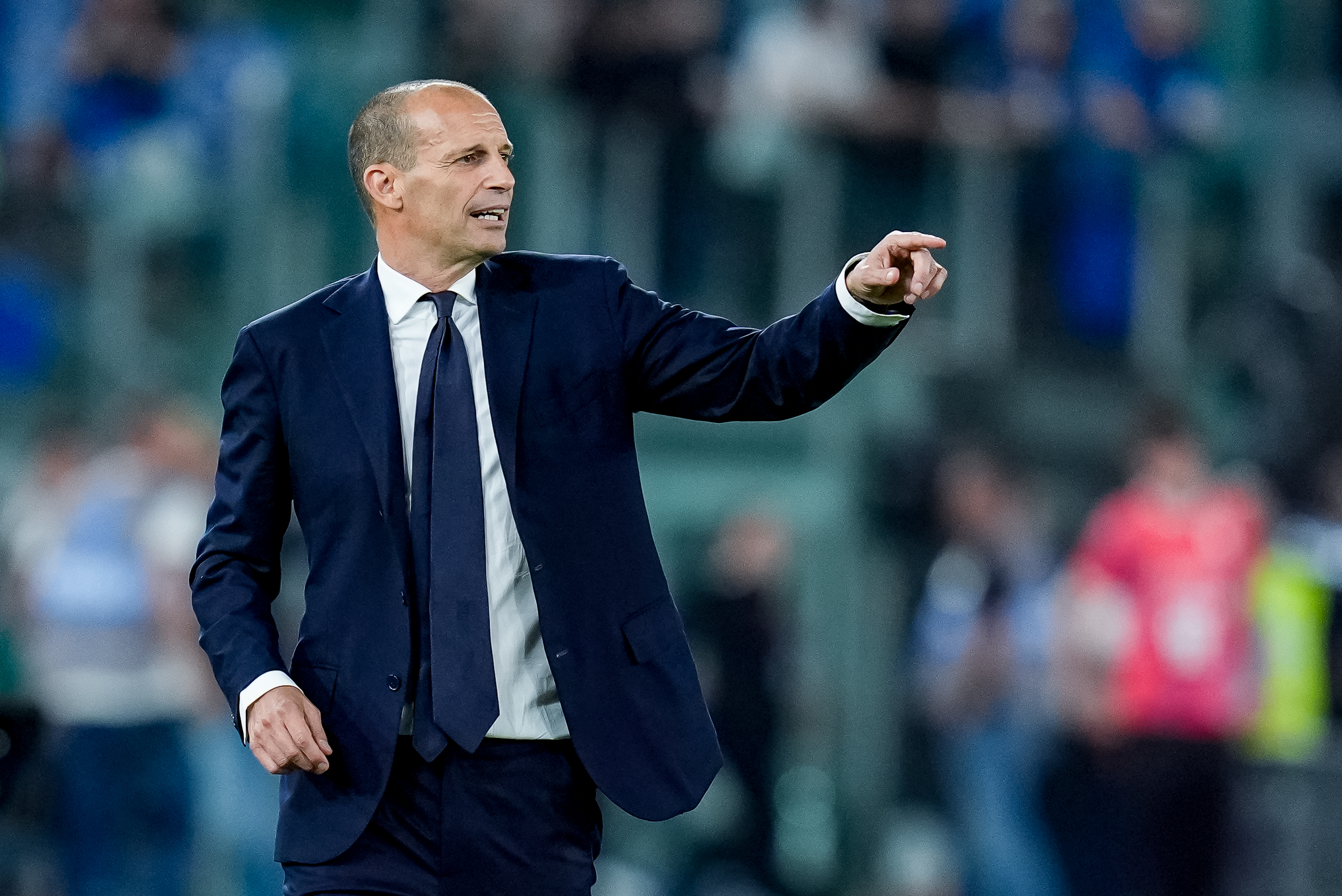
Plainly, the Croatian maestro is not a man upon which to build Milan’s future and he may not even be the right candidate to construct their present around.
Then there is a wider discourse about the direction of travel in Italian football. What does it say about the state of calcio that Milan sign a 39-year-old Modric on a free transfer just weeks after losing Reijnders, who is 13 years younger, to Manchester City for £46m?
Modric may well be the cherry on the cake, but new sporting director Igli Tare is still scrambling to find the ingredients. Bayer Leverkusen midfielder Granit Xhaka is also on the radar, along with Brugge’s Ardon Jashari and Valencia’s Javi Guerra. Hardly names to get the pulse racing.
To his credit, Tare admitted the Rossoneri have a number of issues to address this summer – including a right-back, left-back and at least one central midfielder.
“First and foremost, we’re seeking a holding midfielder,” the Albanian told La Gazzetta dello Sport. “And then we will sort out the rest of the squad, including adding a forward to challenge [Santiago] Gimenez for a starting spot.”
Signed for a €30m (£25.5m) fee plus bonuses from Feyenoord in January, Gimenez remains the most expensive purchase of RedBird’s tenure.
The American investment firm had not broken the €30m barrier on signings in three years since taking over from Elliott Management in the weeks following the last Scudetto win in 2022.
RedBird can rightly point out that their approach to spending has allowed Milan to balance the books. The club posted marginal profits in the last two years, with 2023 being the first time they had been in the black for 17 years.
But their thriftiness has been interpreted as a lack of ambition, a legitimate criticism after a season that saw Milan finish eighth in Serie A, 19 points adrift of champions Napoli and out of the European spots.
When Milan did spend, the returns on their investment were negligible.
Gimenez scored six goals in 19 appearances in all competitions, while fellow January signing Warren Bondo has played 162 minutes of football.
Joao Felix, meanwhile, registered three goals in 21 appearances with only 10 starts to his name.
The Portuguese is set to return to Chelsea in the summer and will be followed back to England by Kyle Walker, whose loan spell at the San Siro will not be remembered with any fondness.
The same can be said about Milan’s two most recent managers. A disastrous appointment that never looked to be paying off, Paulo Fonseca was sacked in December and replaced by Sergio Conceicao, who won the Italian Super Cup three days into his tenure.
That was to be the high watermark of his five months in charge, with the Portuguese following his compatriot out of the door at the end of the season, just weeks after technical director Geoffrey Moncada insisted the Milan board had “total faith” in him.
In that respect, appointing Allegri is a step in the right direction. The 57-year-old won the Scudetto in his first season at the San Siro in 2010-11, Milan’s first Serie A title in seven years.
He lifted the Italian Super Cup the following season but left in January 2014 after finishing the previous campaign empty handed.
Milan’s loss was Juventus’ gain, as Allegri replaced Antonio Conte in the summer of 2014 and went on to win the Scudetto in five consecutive seasons.
Juventus won two Italian Super Cups and four Coppa Italias under Allegri, reaching the Champions League final in 2015 and 2017.
His second spell in Turin was less successful, but the Bianconeri still managed to lift another Coppa Italia in the last of his three seasons in charge, in 2024.
Allegri, in short, is arguably the best manager Milan have had since he departed the San Siro 11 years ago.
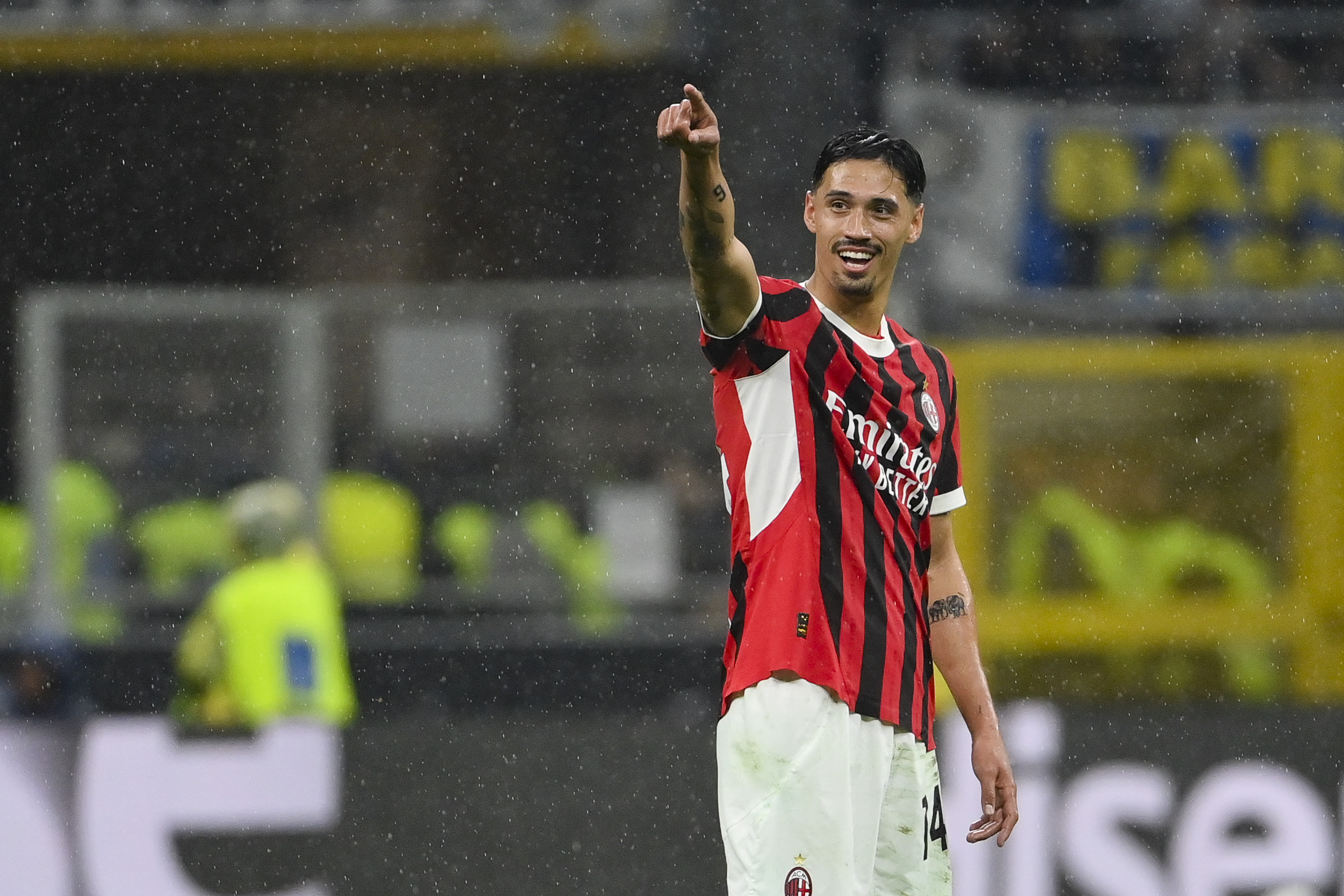
“This isn’t about a technical revolution, but rather strategic changes to ensure we’re immediately competitive once more,” said Milan CEO Giorgio Furlani. “Allegri is the ideal choice; he’s the most decorated coach in Italian football history and he is a true Milan man.”
While that may be true, this version of Milan, the Milan of RedBird and Gerry Cardinale, bears no resemblance to the Milan that Allegri led to the Scudetto at the first time of asking.
In his first summer in charge, the Rossoneri welcomed Robinho, Zlatan Ibrahimovic and Kevin-Prince Boateng, while Antonio Cassano arrived in January.
Over the following two years, Nigel de Jong, Giampaolo Pazzini and Mario Balotelli all arrived at Milanello, along with a no-nonsense defender by the name of Francesco Acerbi.
Aside from Ibrahimovic, and for a very brief stint Robinho, none of the above fall into the world-class signing category and yet they were all far more ambitious captures than any RedBird has signed off on.
Which brings us back to Allegri. A year ago, Milan’s apparent refusal to entertain the idea of bringing Conte in was telling of their vision.
A proven winner who would have fit seamlessly in Silvio Berlusconi’s great Rossoneri side, the 55-year-old would have demanded signings and would have had no problem venting his frustrations in public.
Conte is nobody’s fool, but as RedBird advisor Ibrahimovic made clear in the summer, “Milan needs a coach, not a manager”.
If hiring Allegri is a tacit admission Milan got it spectacularly wrong 12 months ago, then it also backs RedBird into a corner.
The former Juventus boss is not known for his ability to mask shortcomings with tactical innovation or for consistently integrating youth players into his system.
Rather, he is one who, much like Conte, demands signings to fit within his project.
To paraphrase Furlani, Allegri is the right man at the right time for Milan. Will Milan be the right club for him?
Related Articles
Related Articles
Sampdoria against Palermo at the Stadio Luigi Ferraris is just one of the standout matches to be shown live on Destination Calcio TV.
The Serie B season reaches halfway when the action returns after the winter break, with more live matches to look forward to on DCTV.
Florence is a dream destination year-round, but visiting during the winter months offers a completely different and magical experience.


